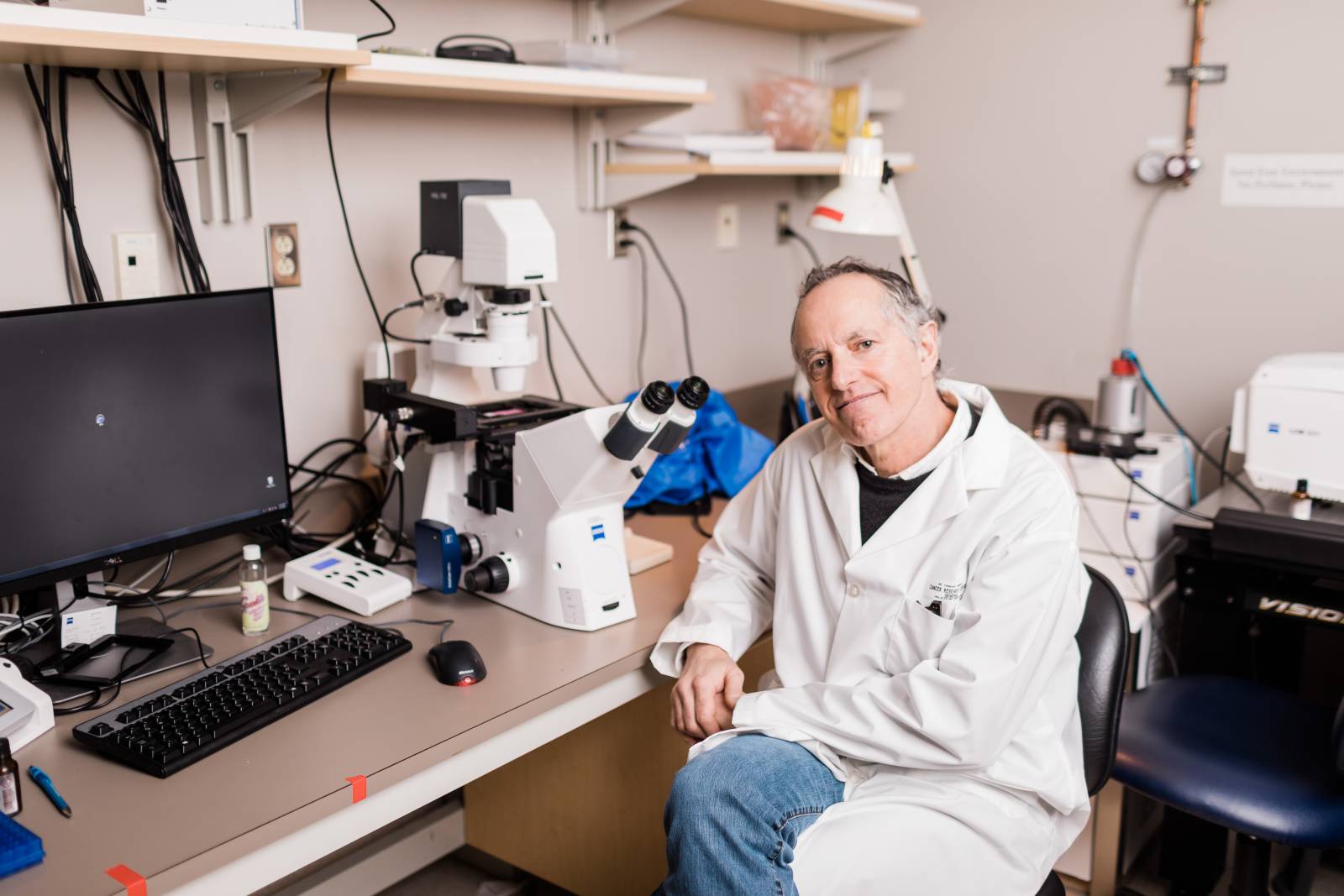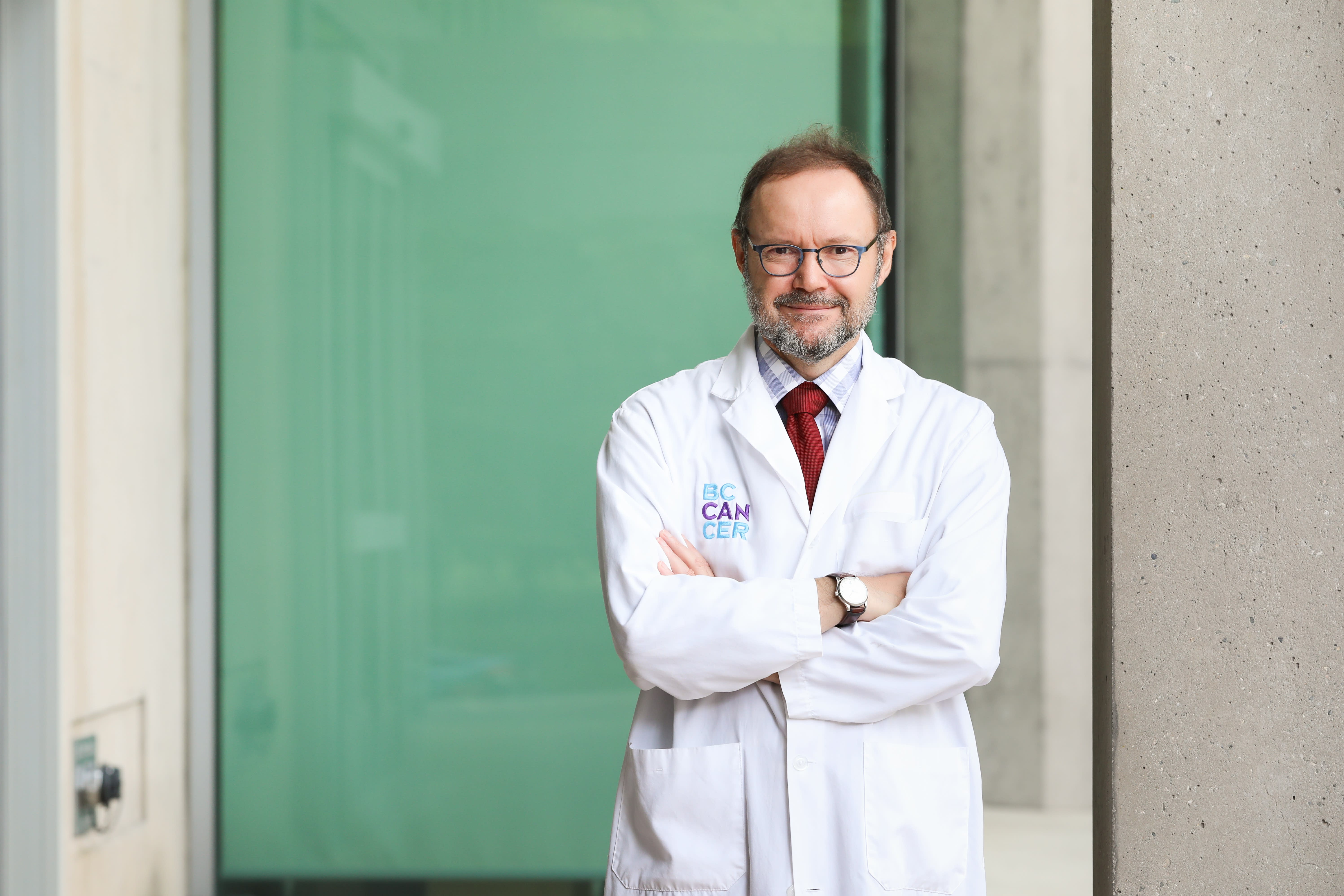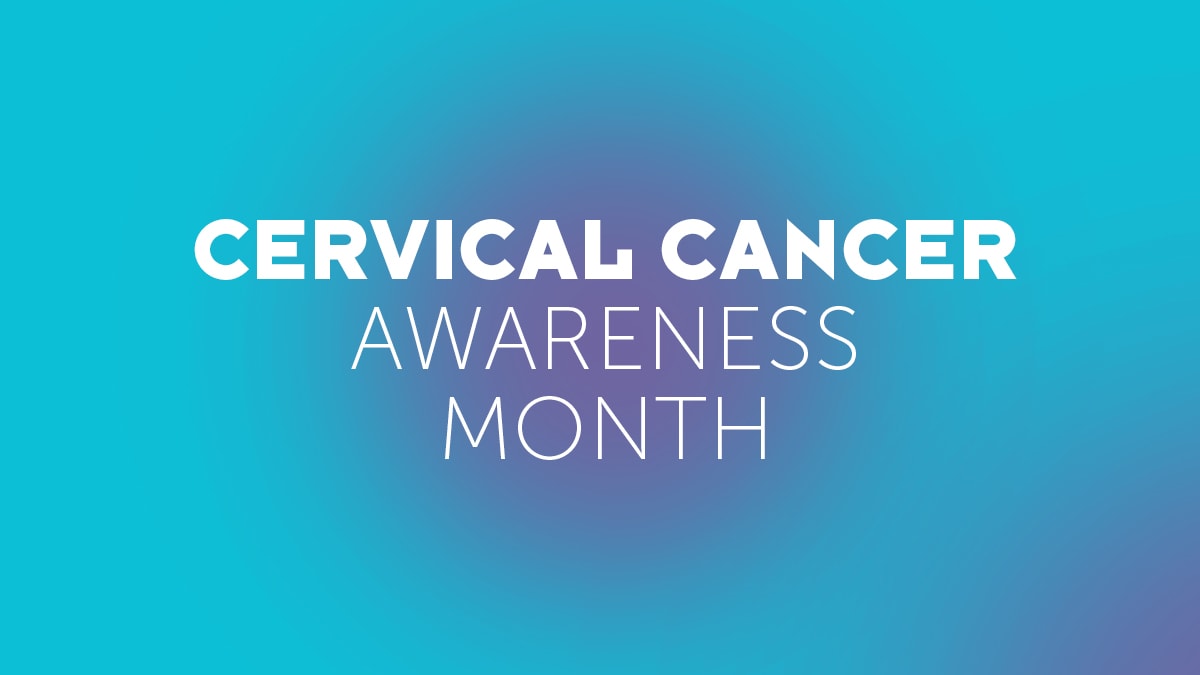I can’t overstate the importance of philanthropy in our efforts to research new and more effective treatments for cancer.
It would be easy enough for granting agencies to deny funding based on a disease being rare. But it’s clear, based on our most recent findings, that this is the wrong approach.
If you spearhead science for the sake of discovery, then you really can uncover things that have a broad application that you wouldn’t have been able to find had you followed purely where the money is.
This is where Foundation donors play such a key part, as they are really instrumental in our quest to move the dial.
Foundation donors critical in fueling new discoveries
The Foundation gives us a sort of unfettered poetic license for us to follow our scientific nose, and this allowed us to pursue the Larotrectinib breakthrough which has now been translated and approved by the FDA for the public.

Granting agencies, as important and helpful as they are, are rather prescriptive – you write a grant, you outline your project, and you commit to that project.
But as most other researchers have experienced, many of these projects can change based on any number of other research findings released by the time you finish.
As a result, what you had hoped to discover or learn more about isn’t really what you had initially thought, and you have to change your course.
You can’t tell an artist to only paint the same picture of a canoe. In the same way, you have to give scientists the freedom to pursue their curiosity.
The Foundation allows us the freedom to pursue our research in a way that isn’t limited by bureaucracy or prescriptive measures, which provides greater capacity to uncover new and exciting discoveries.
My vision for the future of stress signalling research
My hope for the future of our research efforts in stress signalling is that we continue to have the capacity to operate in an unrestricted way in the lab. Stress signalling is not on the radar for many biomedical researchers, but this seems to be changing, and more and more meetings I attend have at least a talk or two on this topic.
Therefore, with continued hope we can continue to move the dial and translate ground-breaking new discoveries into the clinic for patients in our province.
Our lab feels very strongly about the studies that we’re spearheading, and our goal is to turn them toward clinical applications as fast as we can, for the benefit of those affected by cancer.
Donors to the BC Cancer Foundation will continue to be vital in our mission to do so.
Thank you for tuning into my blog this past month.
Poul


